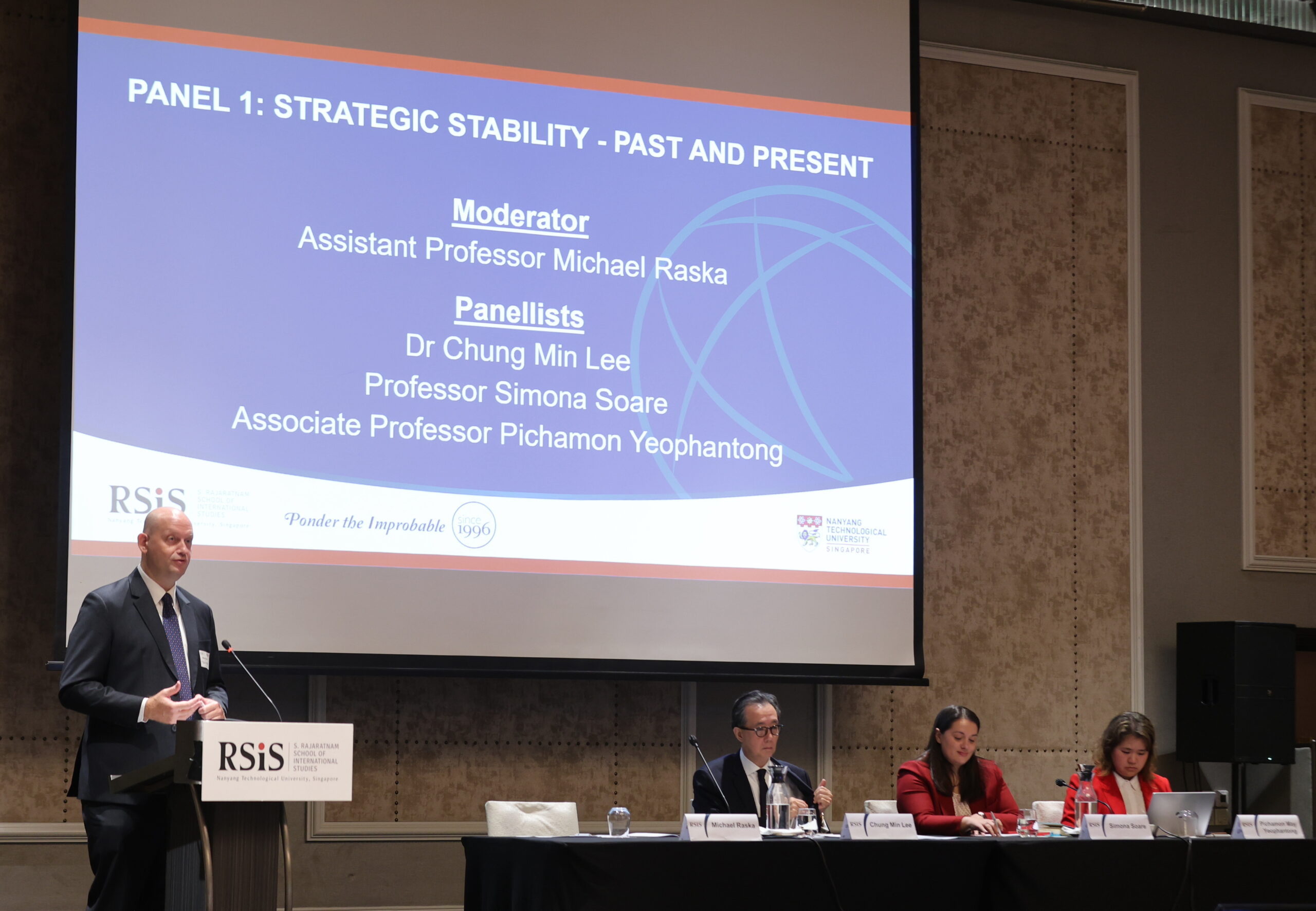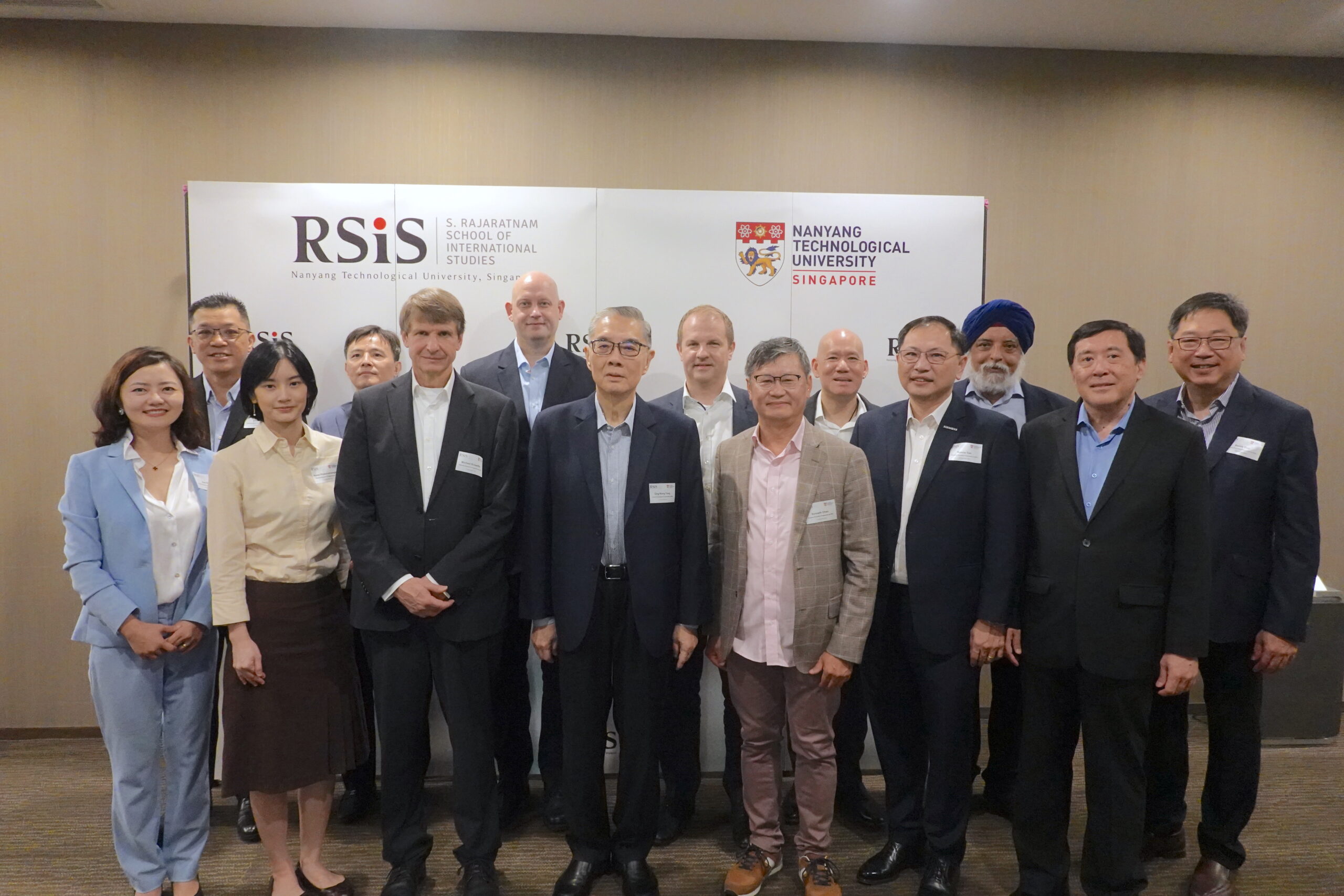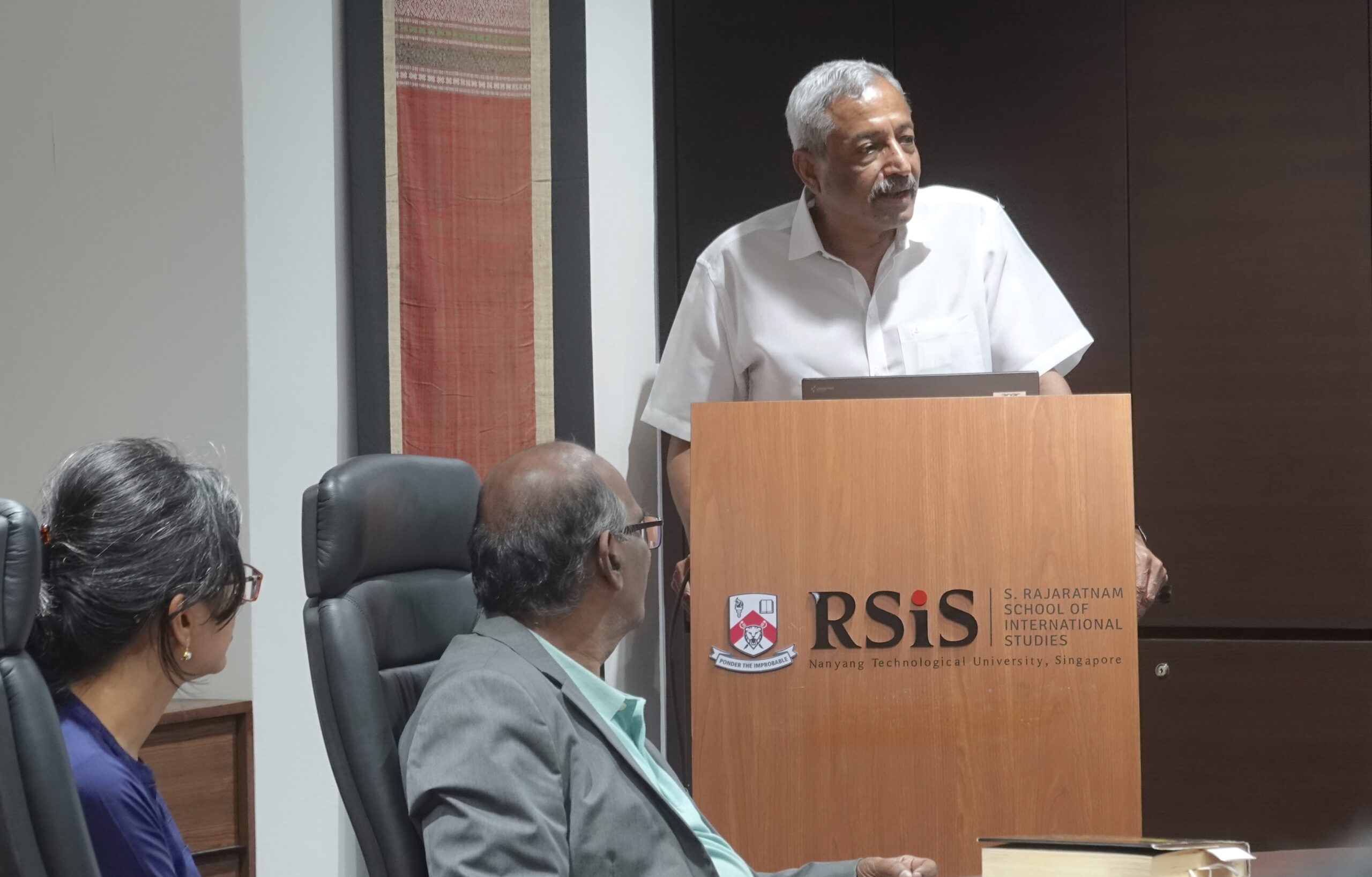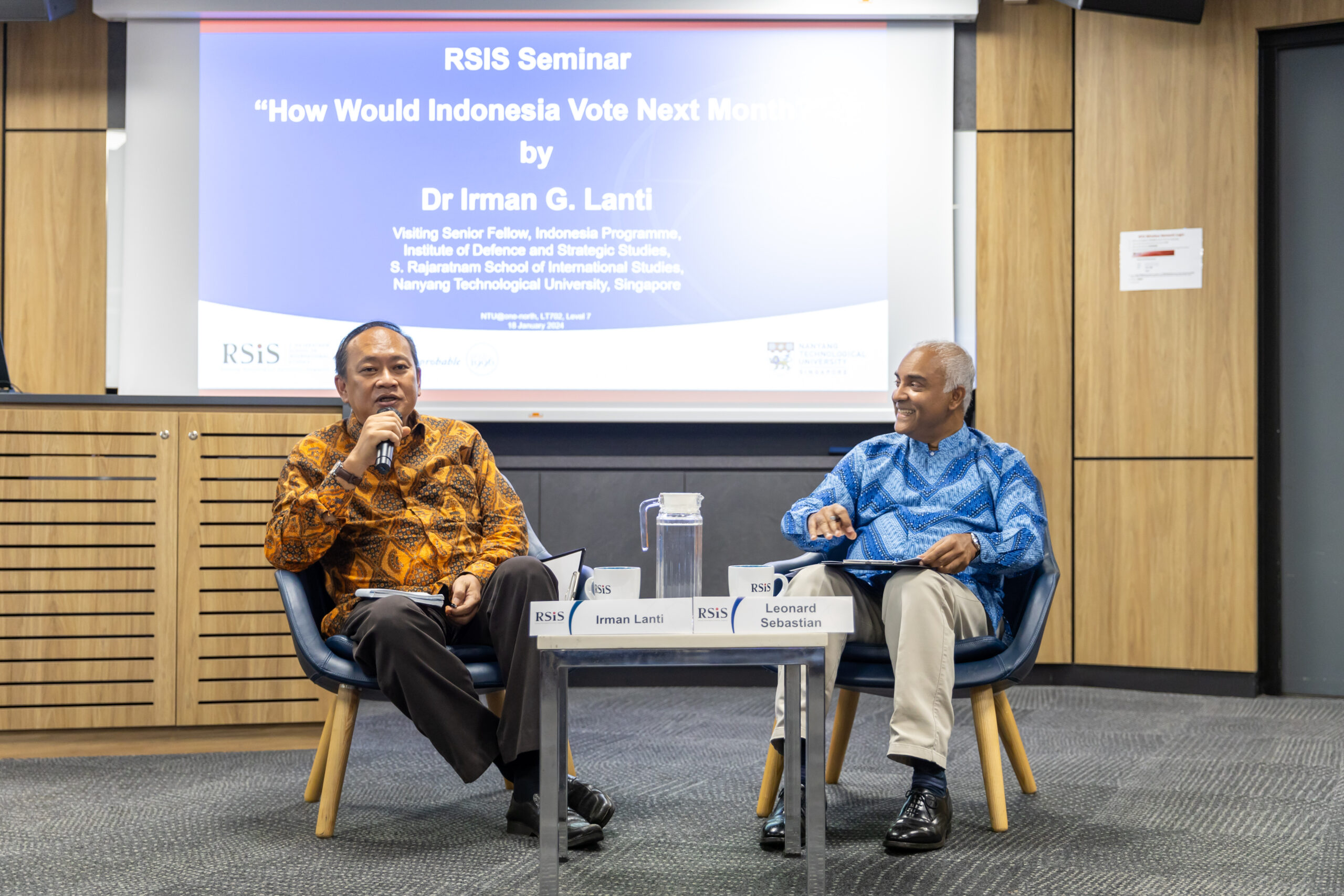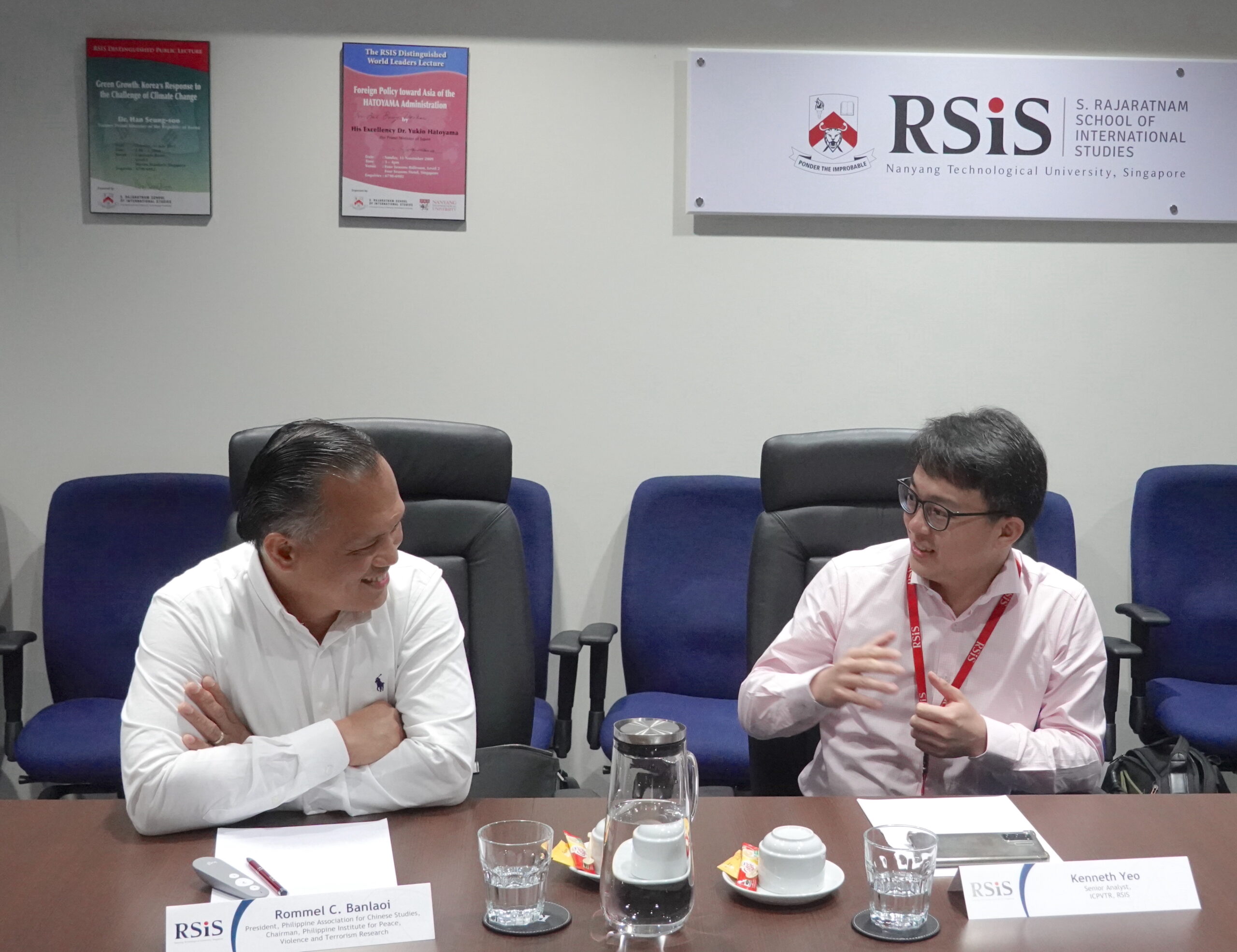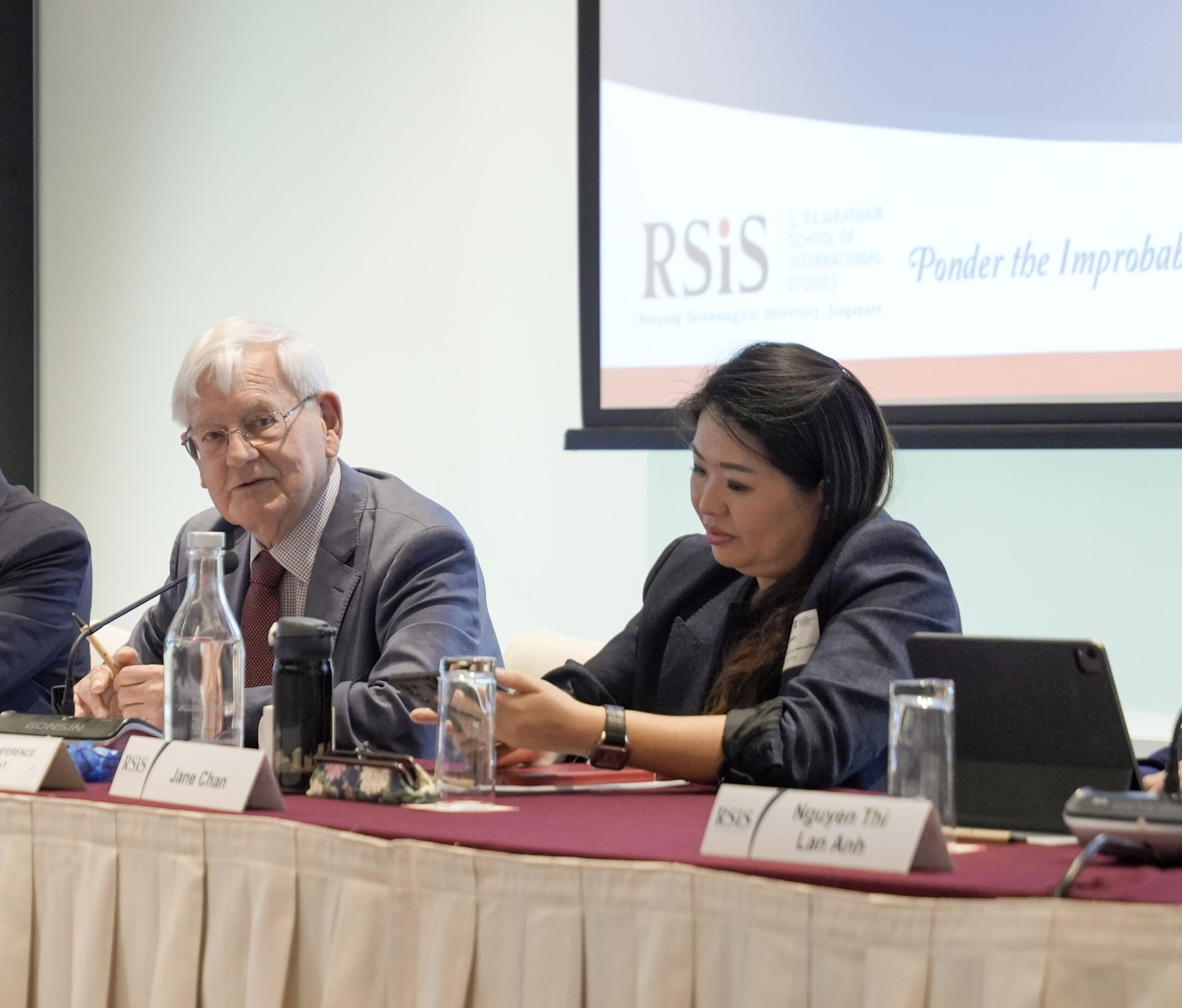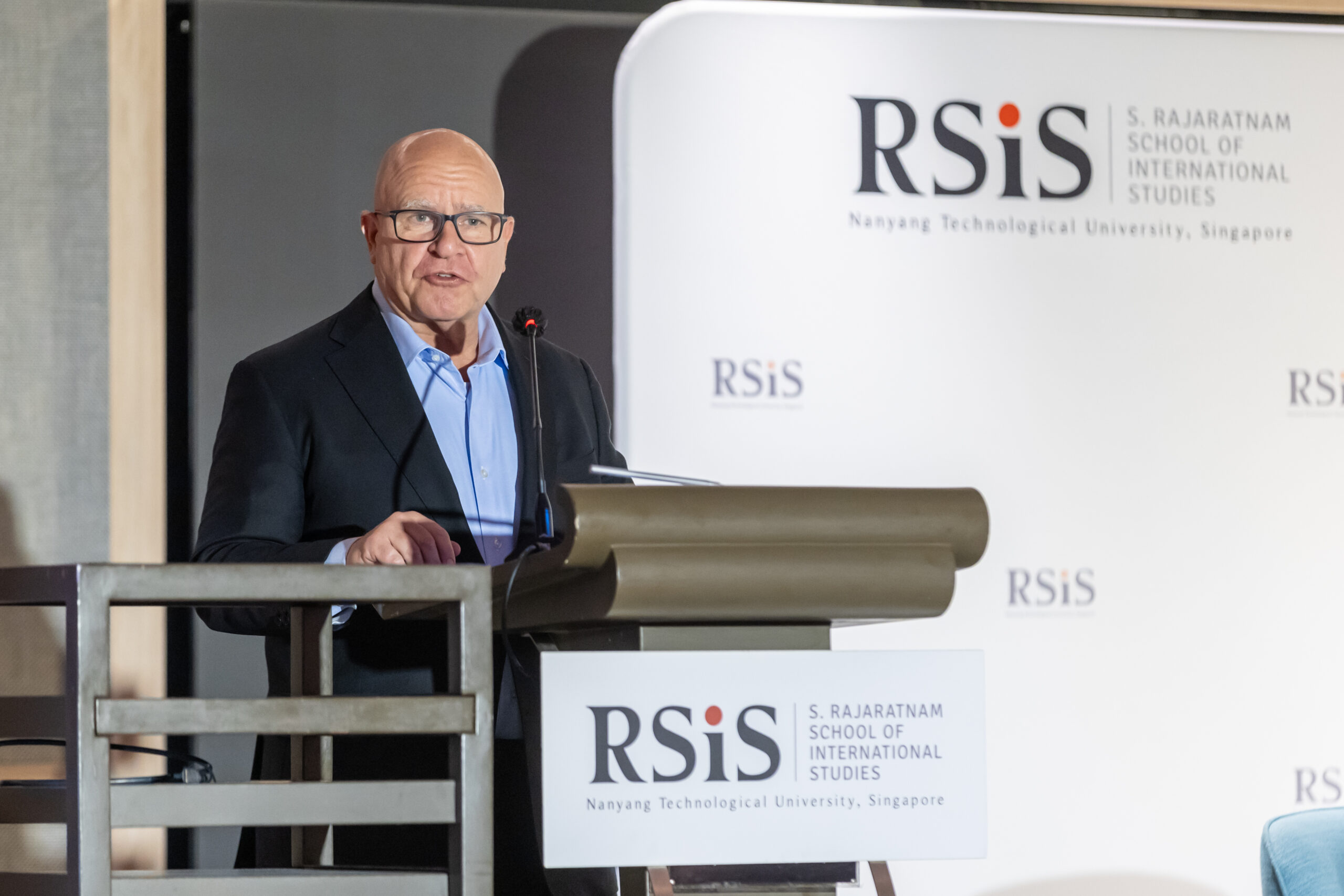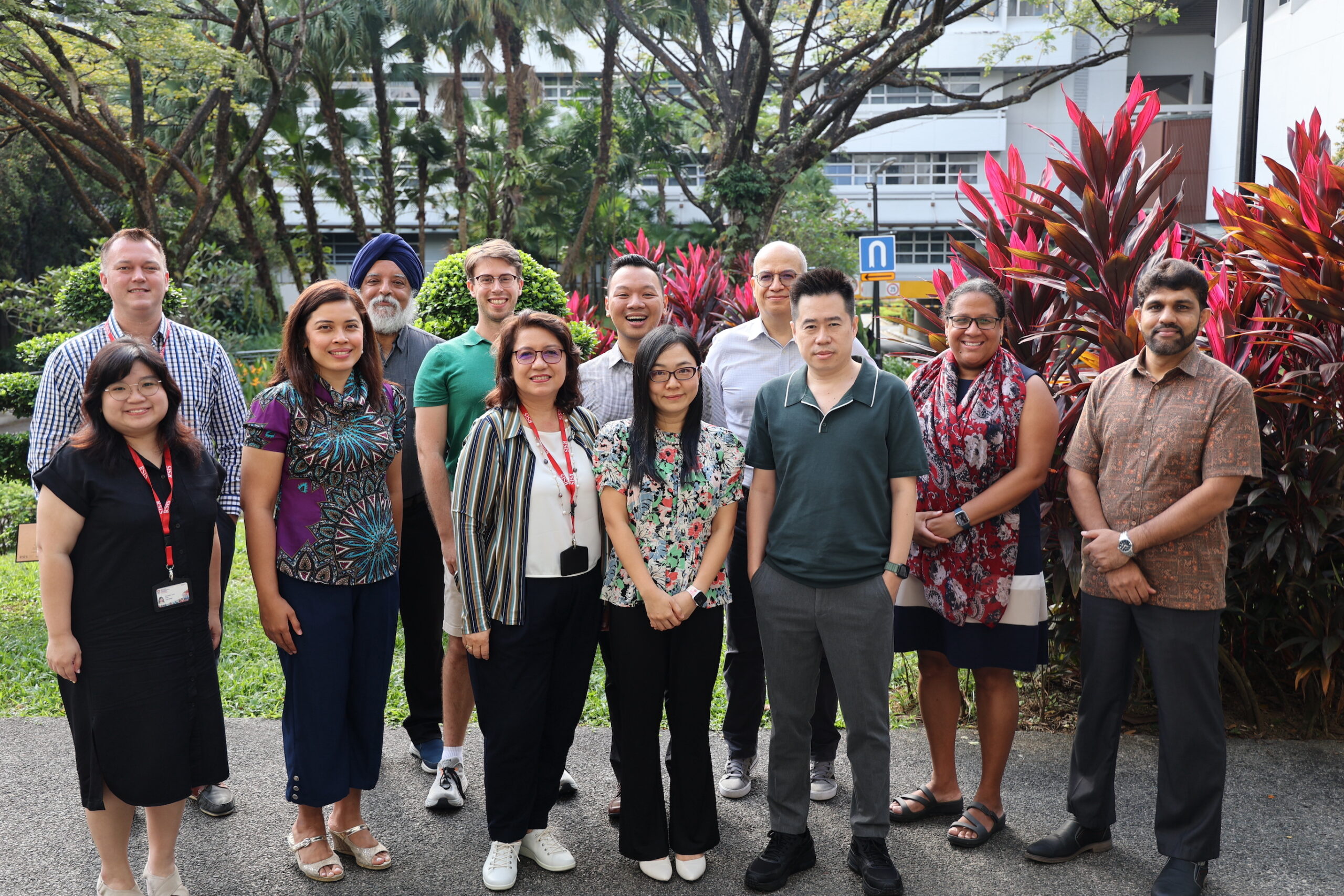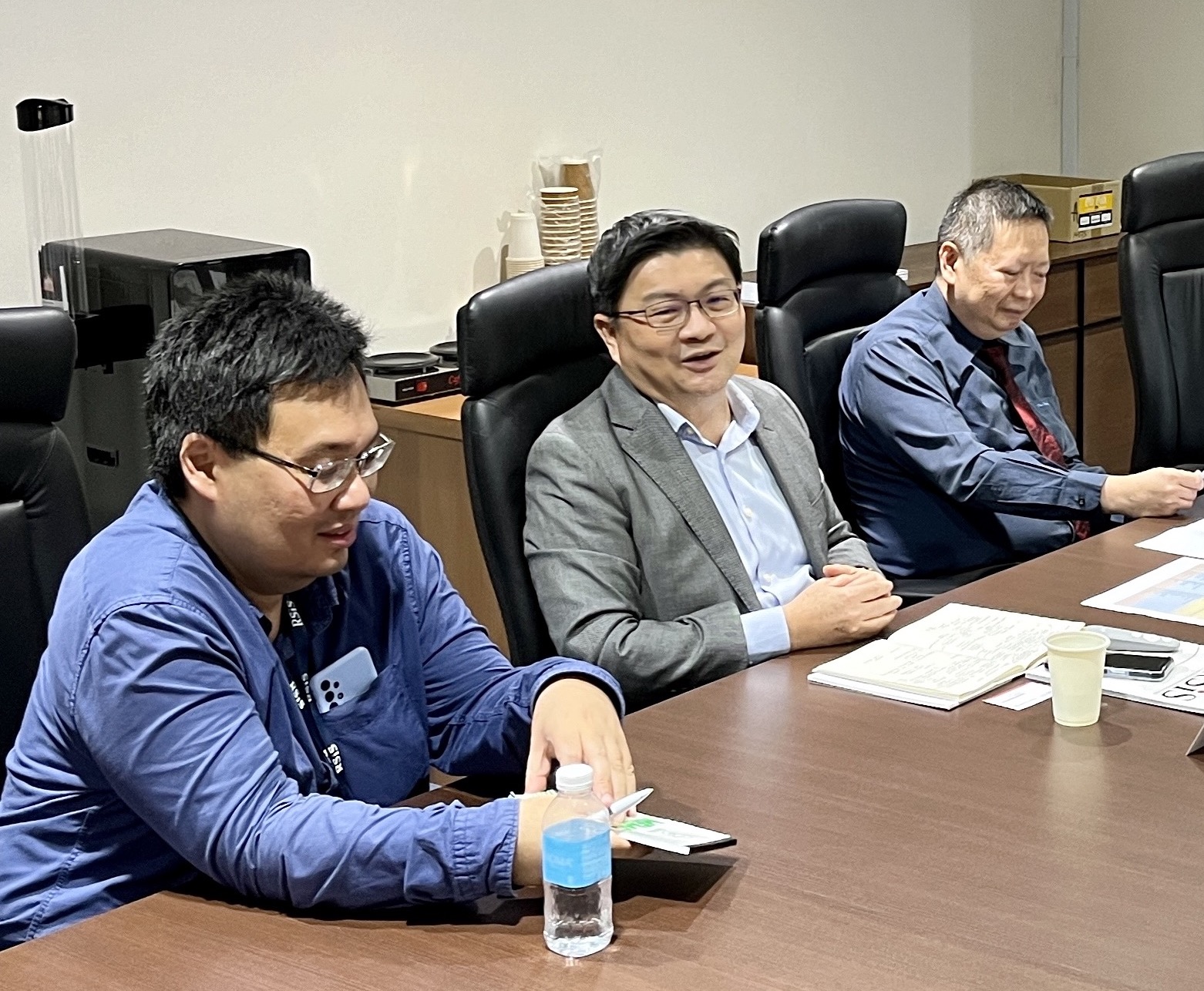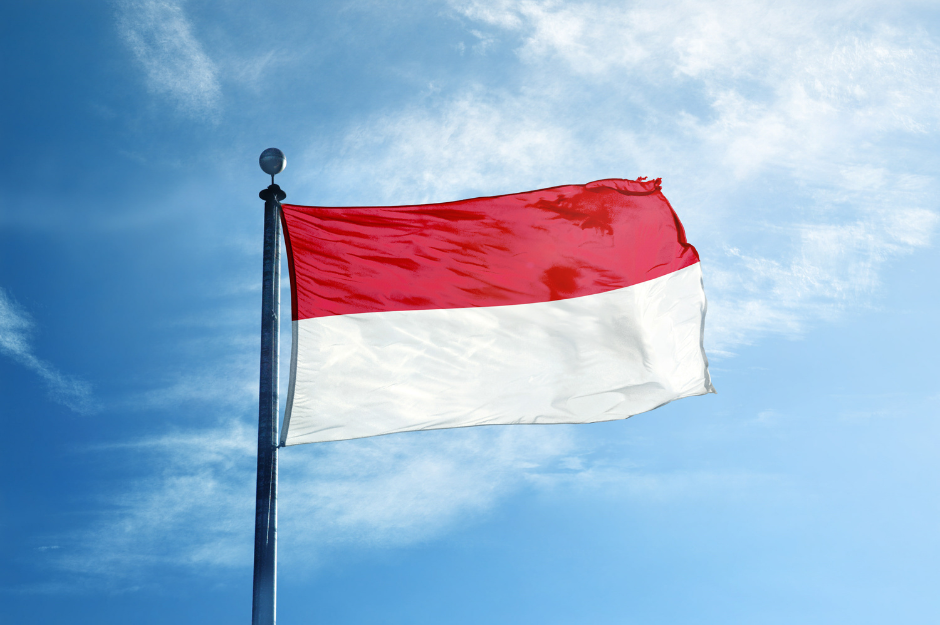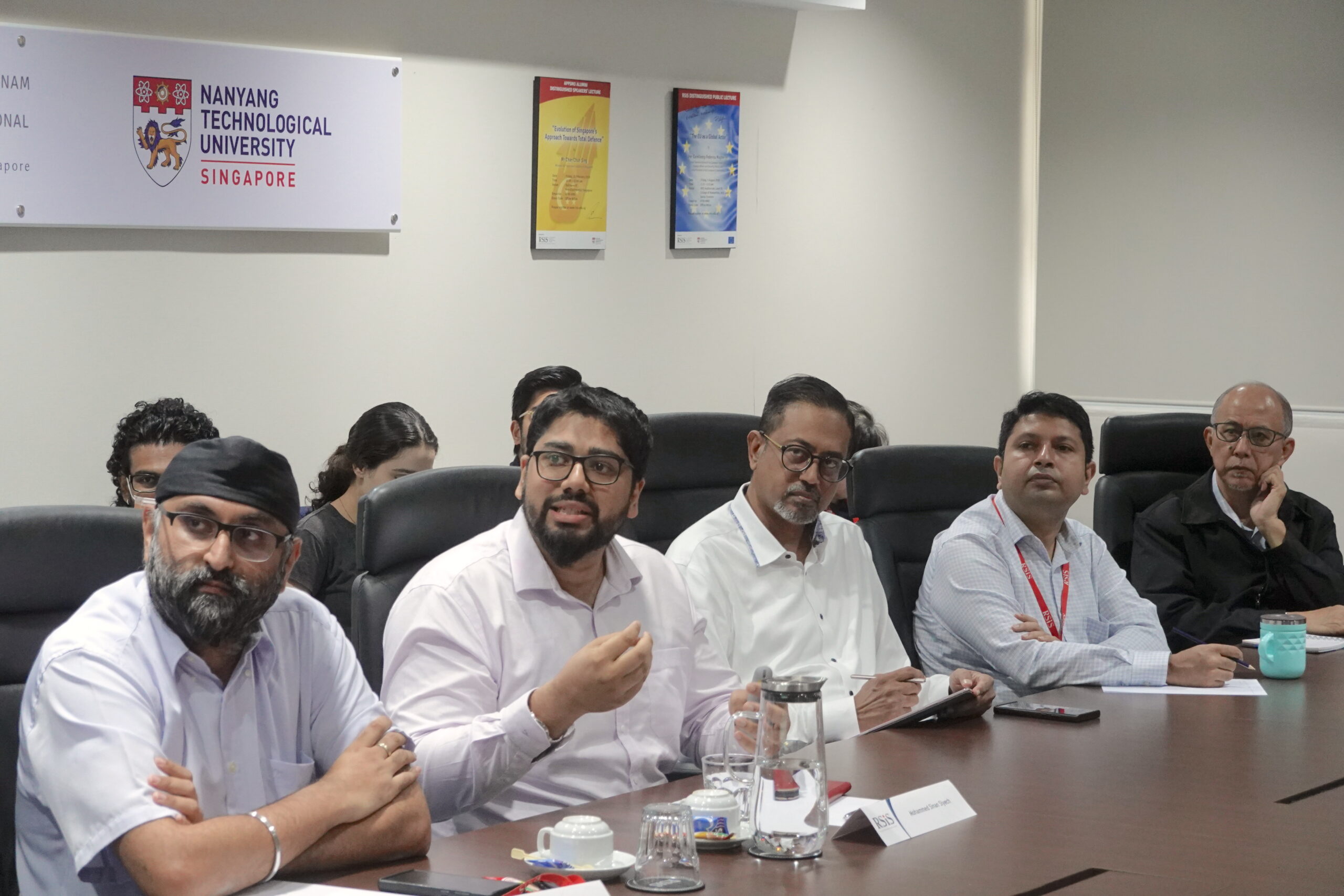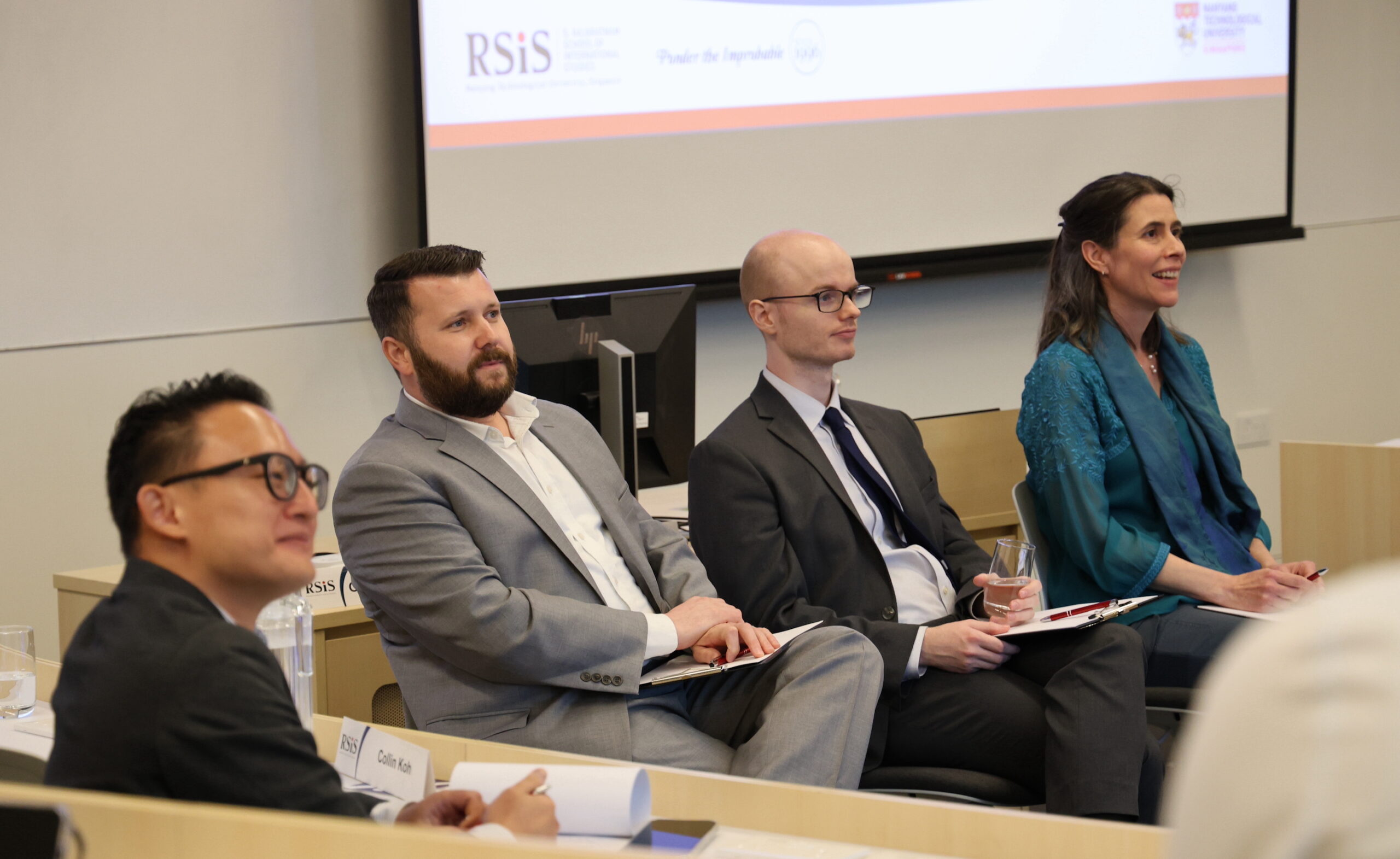
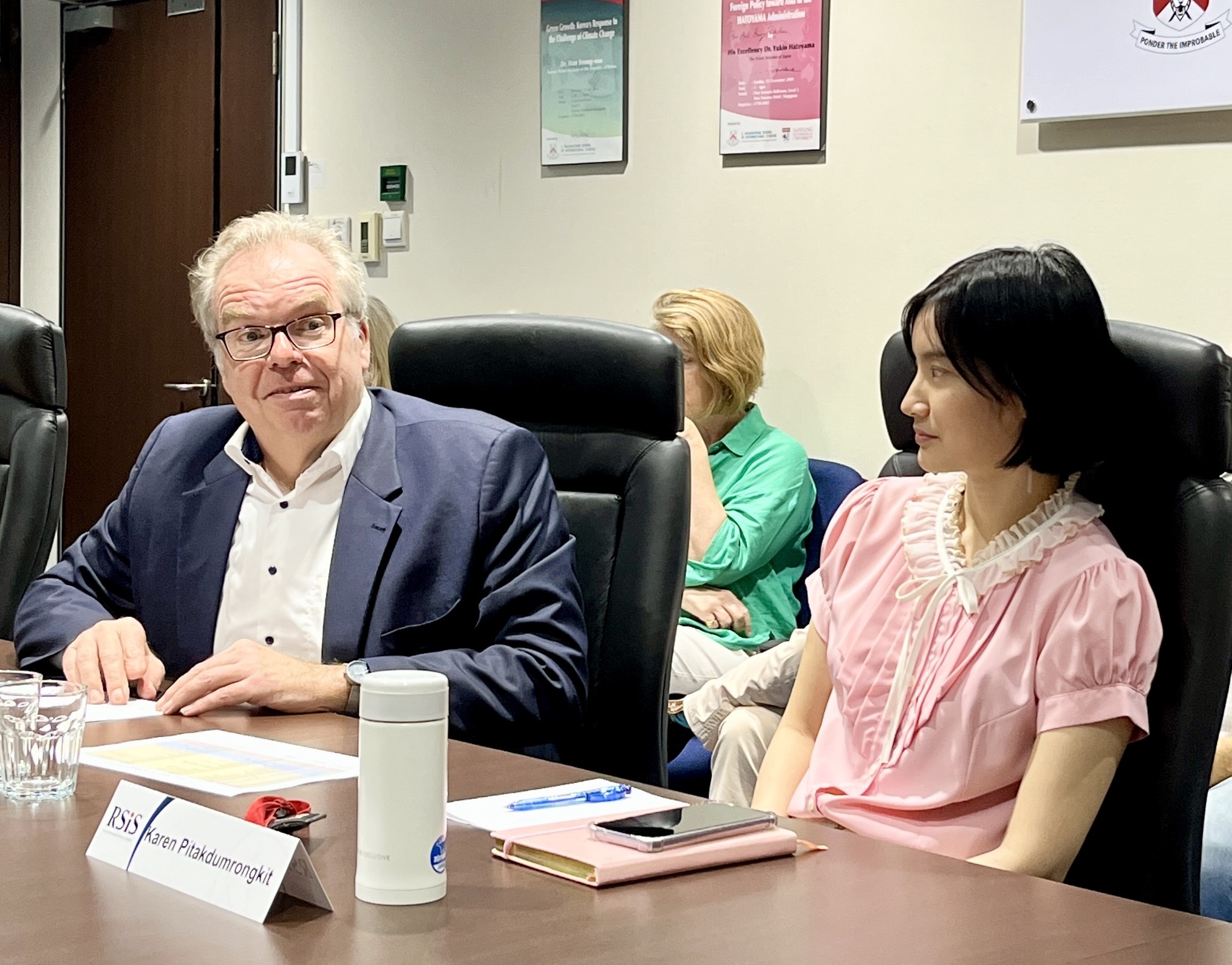
With recent renewed interest in protectionist economic policies, how could autarkic thought be attractive to political leaders around the world? Could multilateral free trade ebb the tide of contemporary autarkic thinking? That was the focus of a seminar held on 29 January 2024. The seminar featured Prof Heribert Dieter, Senior Fellow at the Global Issues Research Unit of the German Institute for International and Security Affairs, and was chaired by Dr Kaewkamol Pitakdumrongkit, Senior Fellow and Head of the Centre of Multilateralism Studies at RSIS.
Prof Dieter spoke on how economic sanctions and autarkic thinking complement and reinforce each other. He argued that the costs of sanctions will far exceed the benefits envisioned by those who impose it, particularly by Western countries.
Prof Dieter concluded the seminar by mapping possible ways forward for global trade and currency payments. He argued that today, even with China’s increased global influence, the renminbi cannot mount a credible challenge to the dollar’s dominance in trade because of China’s restrictive monetary policy. Moreover, invigorating trade regimes like the CPTPP with the participation of the US, EU, India, and other like-minded economies will be more effective than to force a return to the WTO’s centrality in world trade.
After his remarks, Prof Dieter engaged in an insightful discussion with the attendees, where he was asked to differentiate the current resurgence of autarky with previous waves of protectionism, and how multilateral approaches to trade can be revitalized despite domestic political polarisation.
Prof Dieter opined that the return of autarky can be traced to governments’ sudden responsibility to urgently provide essential goods during the COVID pandemic but argued that such thinking should dissipate now because governments alone cannot decide what “essential” components are in the post-pandemic era. Moreover, while Prof Dieter agreed that domestic polarisation will make it difficult to reinvigorate multilateral trade in the short term, trade regimes must remain open to any economy that want to follow the rules, and that entry requirements should not be excessively restrictive.
Note: “Autarky” is a policy of establishing a self-sufficient and independent national economy




